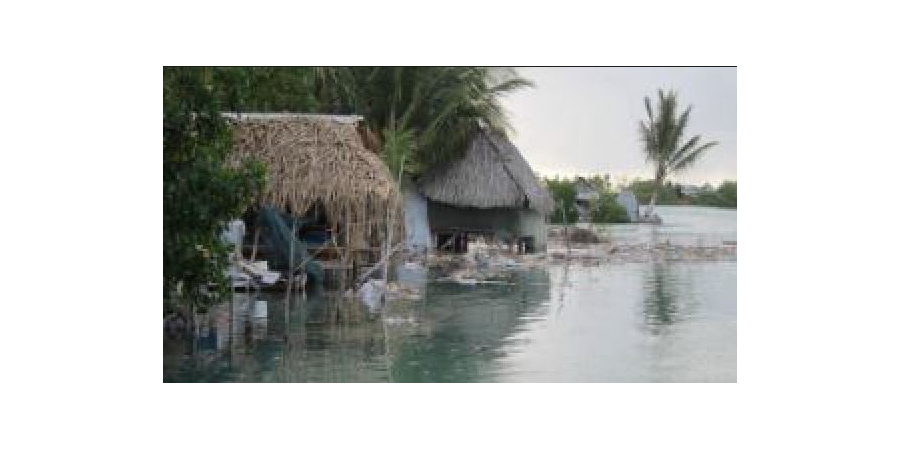I spent some time today thinking about the impact of climate change and how its effect has had or predictably will have, on the Solomon Islands development goals in particular but also on risk factors to public health.
In 2017 noted the following reference from the World Bank Group specifically relating, as one will read, to a Country Partnership Framework between the WBG and the Solomon Islands, and today, in 2022, I question how the designated CPF has assisted the Solomon Islands, for clearly from my perspective it has not achieved its overall objectives and seems unlikely to do so by 2023.
Quote.
The WBG and Solomon Islands are in the middle of the Country Partnership Framework FY18-FY23 (CPF). The CPF supports the Solomon Islands to meet their development goals and long-term vision, identified through five key objectives: I. Sustained and inclusive economic growth; ii. Poverty was alleviated across the whole of the Solomon Islands, basic needs addressed, and food security improved, with the benefits of development more equitably distributed; iii. Access for all Solomon Islanders to good-quality social services, including education and health; IV. Resilient and environmentally sustainable development with effective disaster risk management; and v. A unified nation with stable and effective governance and public order. Within these key objectives, the CPF is focused on supporting the Solomon Islands to increase its climate resilience, increase preparedness to natural disasters and increase adaptation efforts to climate change impacts. Specifically, the CPF program will support farming households to adapt to climate variability and change, increase the resiliency of transportation and infrastructure, and support projects aimed at the protection of livelihoods at risk, such as the agricultural and fisheries sectors
End of quote
Copyright – World Bank Group – 2017
My second concern relates to in the impact climate change is likely to have on diseases and health matters in the future.
A new UN study shows climate change is no longer a hypothetical of the future.
Everyone knows rats, bats, mold and mosquitoes can make people sick, but a new study out this week concludes such pathogens and hundreds more are made worse by the warming world.
A group of University of Hawaii researchers put together a list of 376 human diseases and allergens, then looked at how they're affected by climate-related weather hazards, such as heat waves, flood, drought, fire and rain.
They found nearly 60% of the known pathogens that make people sick have been aggravated by warming-related weather hazards, according to the study published this week in Nature Climate Change. The list included not only mosquito-borne viruses like malaria and dengue fever but also asthma, monkeypox, shellfish poisoning and even fungal infections like valley fever.
The researchers reviewed more than 70,000 academic studies and papers to search for links between the pathogens and 10 climate-related weather hazards.
“The results were truly sobering,” said Erik Franklin, assistant professor at the university's Hawai'i Institute of Marine Biology and a study co-author.
Climate hazards are bringing pathogens and people closer together, strengthening the pathogens and impairing people, Franklin said. “This is a massive vulnerability for human health care systems.”
Source. Associated Press.
Yours sincerely
Frank Short



